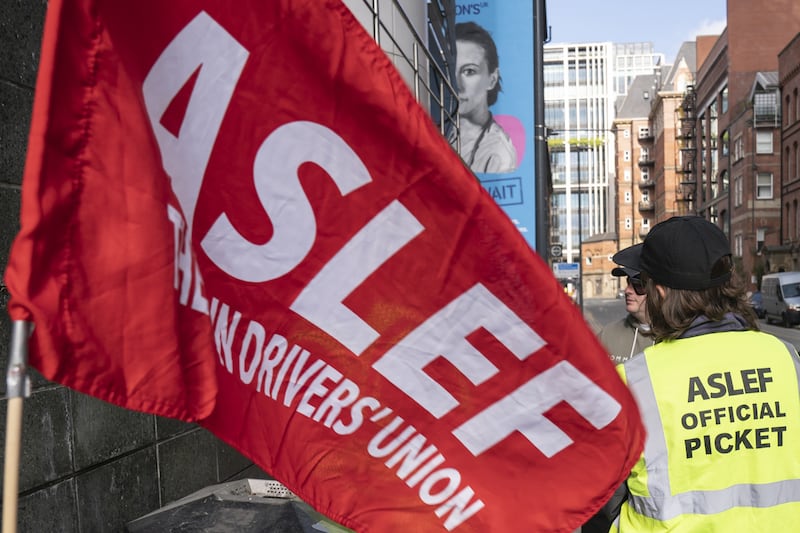MORE must be done to protect the north's hospitality workers from sexual harassment in the workplace, it has been warned as campaigners launched a new charter to highlight the issue.
Members of Unite said recent research by the union shows that more than 90 per cent of workers in the hospitality industry have experienced sexual harassment.
The union launched its Unite Hospitality Charter in Belfast on Monday, demanding employers enforce "zero-tolerance" policies to protect staff.
Unite has joined with socialist feminist movement Rosa to launch the charter, which contains "clear steps" employers can take to reduce the risk to workers in the hospitality industry.
Unite hospitality's branch secretary Amy Ferguson said: “Our research shows that over 90 percent of workers in the hospitality industry have experience sexual harassment in the workplace.
"Bosses need to take this issue seriously with real zero-tolerance policies. This is an issue for both workers and customers - for example in recent years we have seen an alarming rise in reported incidents of spiking.
“Our charter lays out clear steps employers must take to ensure sexism, abuse and harassment are stamped out of the workplace. This must involve dealing with the conditions that allow these things to thrive - low-pay that mean workers rely on tips, precarious contracts that mean your hours can be cut for reporting issues and so on.”
Rosa activist Eva Martin said the rise in harassment for hospitality staff was "linked to abuse and harassment in society generally”.
She added: "It is seen most starkly in the increase in gender violence in Northern Ireland and elsewhere. We need a collective movement of workers and young people to challenge sexism in and outside of the workplace.”








